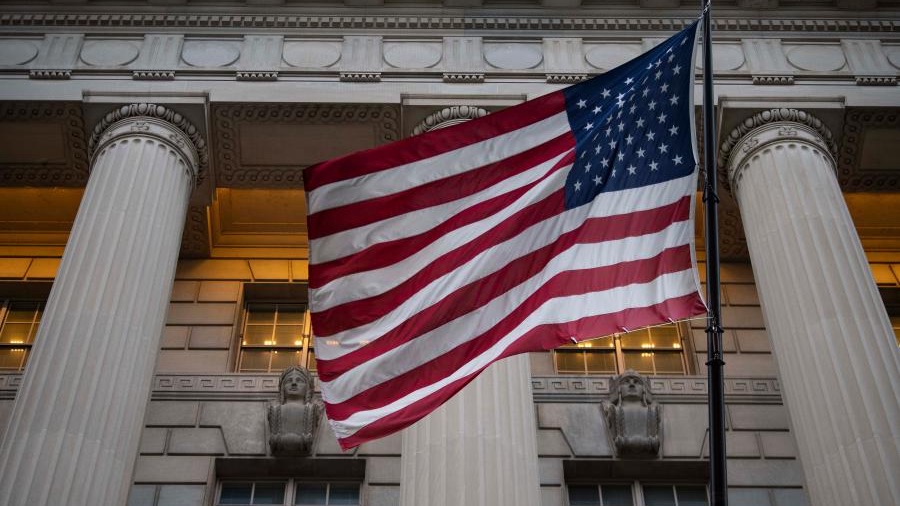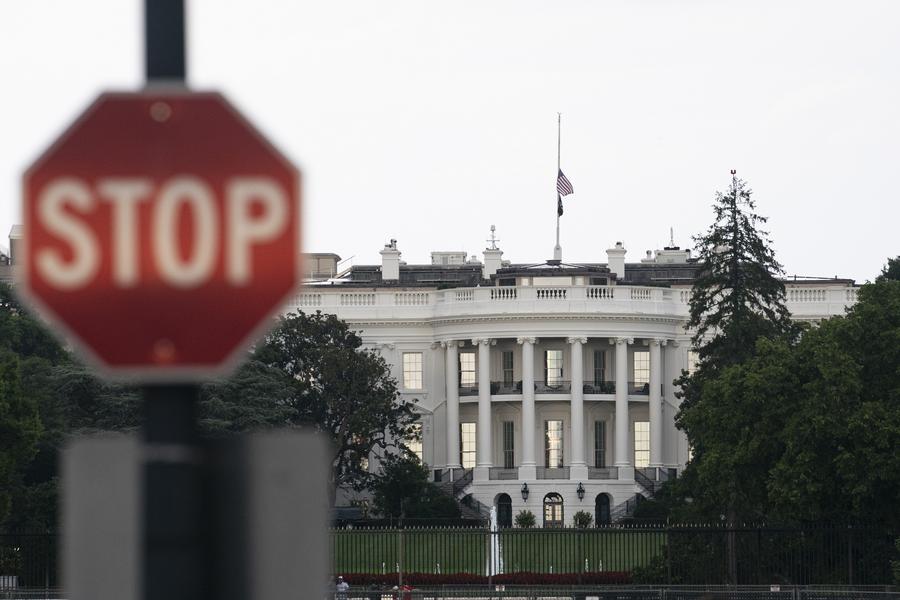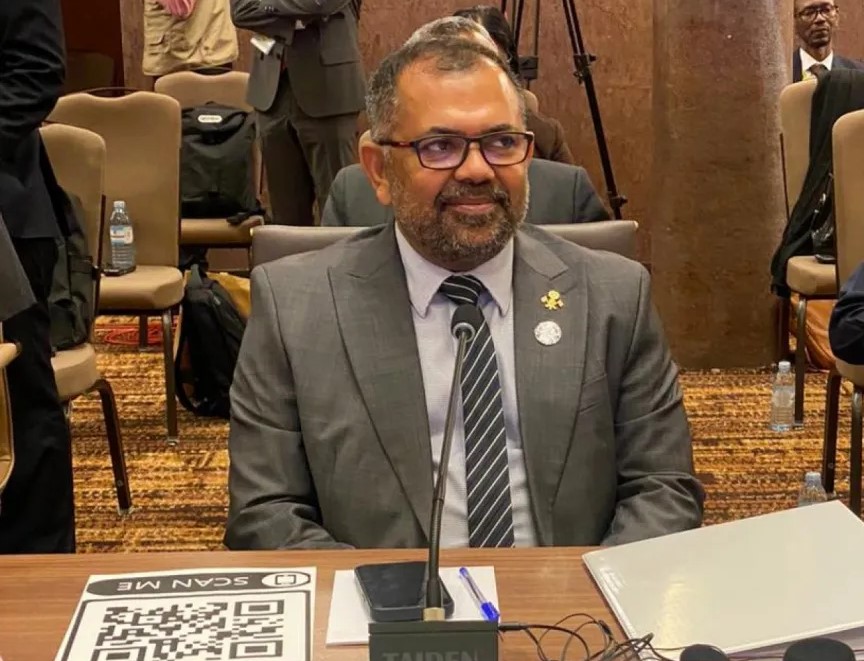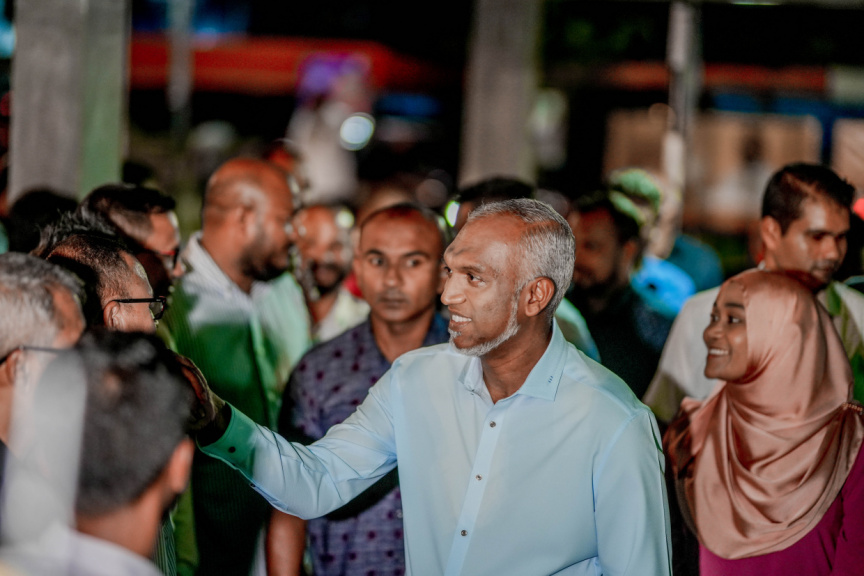Aurthor: Xin Ping
The U.S. has been trumpeting that its “Indo-Pacific Economic Framework” (IPEF) will bring prosperity to the region. But its sole purpose is to advance the “Indo-Pacific Strategy” and key interests of the U.S. instead of driving post-pandemic recovery, development and prosperity of the region. Asian countries need to brace themselves for the negative impact brought on by the framework which could be summed up as “four Ds.”
Division
IPEF is created to encourage regional economies to “decouple” from the Chinese market by leading them to alternative supply chains, a step that Washington believes will help exclude China from the regional trading and supply systems.
This would essentially install a closed, exclusive and confrontational arrangement within this region designed with clear geopolitical and ideological intentions, which runs counter to the principles of multilateralism.The U.S. Trade Representative Katherine Tai has openly described the IPEF as an “arrangement independent of China.”
Given China’s economic size and influence in the region and the possible consequences of artificially splitting the trading system and cutting off supply chains, such an arrangement would not be conducive to the unity and regional economic integration of the Asia-Pacific.
There are speculations that as far as ASEAN countries are concerned, the U.S. is trying to recruit Indonesia, Malaysia, Singapore and Vietnam to join IPEF, while leaving out Cambodia, Laos, Myanmar and Brunei, which will undoubtedly affect the development of the ASEAN Community and undermine the unity of ASEAN.
Deprivation
The U.S. claims to support the centrality of ASEAN, yet IPEF apparently takes little heed of ASEAN’s preferred way of inclusive regional cooperation. A framework like this would only weaken and damage ASEAN’s centrality in the regional architecture.
IPEF’s proclaimed high standards in the fields of digital economy, labor, market supervision, environmental protection and anti-corruption are way higher than the standards set by domestic laws in some ASEAN countries and even by international conventions.
The Lane Xang EMU train arrives at the northern Laos’ border town of Boten, after passing by the China-Laos borderline, October 15, 2021. /Xinhua
In a sense, the U.S. could be forcing these countries to adopt certain domestic economic policies to serve U.S. interests. The exclusive and even punitive provisions contained in IPEF may contradict the commitments made in regional free trade agreements such as the Regional Comprehensive Economic Partnership (RCEP) and the Comprehensive and Progressive Agreement for Trans-Pacific Partnership (CPTPP).
Deviation
Putting forward IPEF is one of the 10 core tasks of the U.S. “Indo-Pacific Strategy.” The U.S. potentially aims to use IPEF to supplement its “Indo-Pacific Strategy” and establish a unilaterally dominant economic cooperation arrangement, rather than a true free trade agreement with mutual open market access and tariff exemption as desired by the regional countries.
It is, therefore, a deviation from the principles of openness, inclusiveness, equality and reciprocity that multilateral mechanisms and arrangements in the region have long followed.
Disappointment
The U.S. might hope to use IPEF to get regional allies and ASEAN countries on board to encircle China, but this is unlikely to materialize.
China and ASEAN are each other’s largest trading partners. Japan’s exports to China are roughly the same as those to the U.S., and imports twice as much from China as from the U.S. South Korea’s trade with the U.S. is only half of its trade with China. With RCEP having entered into effect early this year, the cooperation potential among regional countries will only be further unleashed.
The U.S. has repeatedly reneged on its words about Asia-Pacific economic and trade cooperation: the Obama administration had pushed forward the concept of the Trans-Pacific Partnership (TPP) before the Trump administration exited from it after taking office. Now the Biden administration has come up with IPEF. Inconsistency in Washington’s policy-making will only make regional countries question U.S. credibility and policy continuity.
As Mary Lafley, a senior researcher at the Peterson Institute for International Economics, pointed out, “Asian allies, still reeling from the unpredictable and destabilizing policies of the Trump administration, may be reluctant to invest much in new structures that can be as easily blown away as houses of straw.”

 News6 days ago
News6 days ago
 World6 days ago
World6 days ago
 News2 days ago
News2 days ago
 World6 days ago
World6 days ago
 Travel & Culture4 days ago
Travel & Culture4 days ago
 Sports3 days ago
Sports3 days ago
 News4 days ago
News4 days ago
 Travel & Culture4 days ago
Travel & Culture4 days ago


















